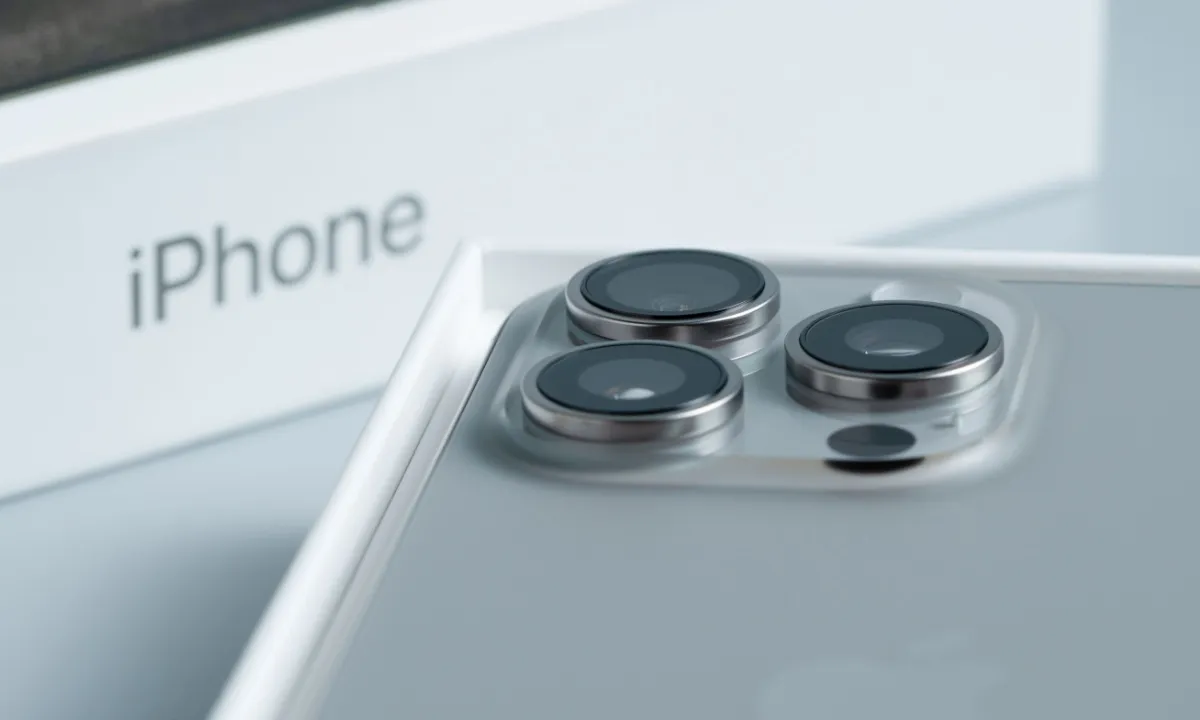
According to a recent report by Bloomberg News on August 24, Apple is set to revitalize its flagship product, the iPhone, amidst a competitive landscape increasingly dominated by artificial intelligence (AI)-centered innovations. As other tech giants pivot towards AI, Apple is preparing to launch several new models that promise to reshape its smartphone offerings.
Next month, Apple will unveil the iPhone Air, a sleek and lightweight model designed to replace the iPhone 16 Plus. This model is expected to attract consumers looking for a more streamlined smartphone experience. Moreover, the company is gearing up for the release of its first foldable iPhone next year, which is rumored to feature an impressive five-camera setup. Notably, both the iPhone Air and the upcoming foldable model are anticipated to come without a SIM card slot, indicating a potential shift in how Apple envisions mobile connectivity.
Looking ahead to 2027, Apple will celebrate the 20th anniversary of the iPhone with the introduction of the iPhone 20, which will feature a groundbreaking curved-glass design. This new model will mark a significant departure from the squared-off designs that have characterized the last five years of iPhone releases. The iPhone 20's curved edges are expected to enhance both aesthetics and user experience, setting a new benchmark for smartphone design.
Bloomberg’s Mark Gurman notes that while 2025 may not be a revolutionary year for Apple, it will serve as a foundation for substantial advancements in 2026 and 2027. This period is poised to be an exciting time for iPhone enthusiasts as they anticipate these significant changes.
In contrast, a recent column by Nicole Nguyen from The Wall Street Journal highlights that Apple is currently lagging behind Google in the race to integrate AI features into smartphones. With the upcoming release of the Google Pixel 10, which boasts AI capabilities like real-time translation and enhanced photography, Apple's position may be at risk. Nguyen emphasizes how the Pixel 10's AI functionalities could outshine those currently offered by Apple.
Furthermore, PYMNTS CEO Karen Webster has expressed concern that Apple's iPhone could become a mere commodity, rather than remaining the primary digital interface for consumers. With the Pixel 9 already equipped with embedded AI and the Pixel 10 poised to advance these features, Apple faces a critical challenge. Webster warns that if Apple does not deliver innovative AI solutions soon, it may lose loyal customers who might be tempted to switch to AI-enhanced Android devices.
Recent developments indicate that Apple is aware of these challenges. The company is reportedly working on a comeback in the AI space, which includes a redesigned Siri powered by advanced language models. This revamped Siri could potentially be available on iPhones and iPads as early as next year, marking a significant step towards catching up in the AI race.
In conclusion, as Apple prepares to introduce new iPhone models and enhance its AI capabilities, the tech giant must navigate a rapidly evolving landscape. With increasing competition from Google and others, Apple's strategies will be crucial in maintaining its status as a leader in the smartphone market.